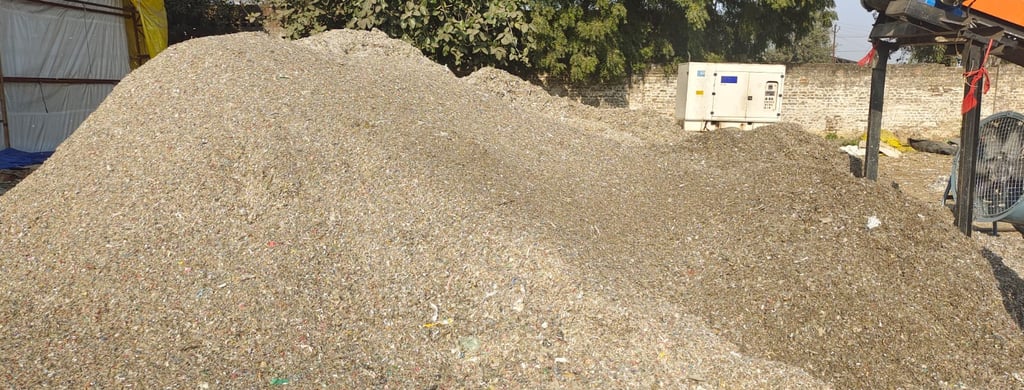Sustainable Fuel Solutions for Industry
Why Refuse-Derived Fuel (RDF) is Emerging as a Game Changer
5/26/20251 min read


As the world grapples with rising environmental concerns, energy insecurity, and overflowing landfills, the search for sustainable fuel alternatives has never been more urgent. Among the emerging solutions, Refuse-Derived Fuel (RDF) stands out as a powerful and practical contender — especially for industrial and power-generation applications.
What is RDF?
Refuse-Derived Fuel is a solid fuel produced from municipal solid waste (MSW), industrial waste, or commercial waste after it has been sorted, shredded, and dried. The non-recyclable but combustible portion — such as plastics, papers, textiles, and certain organics — is processed into a usable form of energy.
RDF is typically used in:
Cement kilns
Waste-to-energy plants
Power plants
Large industrial boilers
Why RDF is Gaining Ground
1. Reduces Landfill Dependency
RDF provides a meaningful solution to one of India’s largest environmental problems — waste accumulation. By diverting non-recyclable waste from landfills, RDF reduces methane emissions and leachate formation while simultaneously recovering energy.
2. Lowers Fossil Fuel Consumption
Industries like cement and paper, traditionally dependent on coal or diesel, can substitute RDF for a substantial portion of their energy needs. This not only cuts down carbon emissions but also helps conserve finite fossil fuel resources.
3. Supports Circular Economy
RDF enables a circular economy by closing the loop between waste generation and resource use. Waste becomes a resource rather than a liability — aligning with sustainability goals and ESG mandates.
4. Cost-Effective Fuel
With increasing fossil fuel prices and government incentives around alternative fuels, RDF offers an economical solution. Many industrial users have reported fuel cost savings of up to 30% after integrating RDF into their combustion systems.
5. Regulatory Push and Compliance
In India, the Central Pollution Control Board (CPCB) and State Pollution Control Boards are actively promoting RDF usage. Large waste-generating cities are being nudged to supply RDF to industries, and heavy industries are being encouraged (or mandated) to adopt RDF as part of their consent-to-operate (CTO) conditions.

